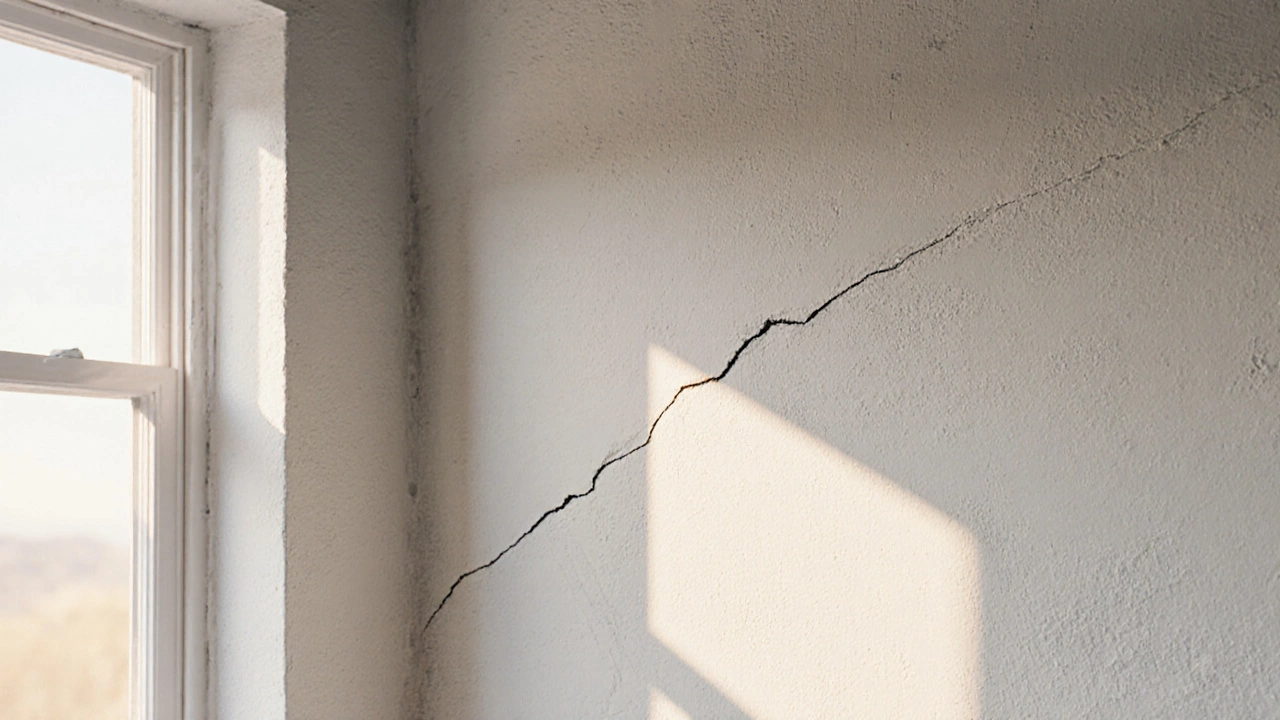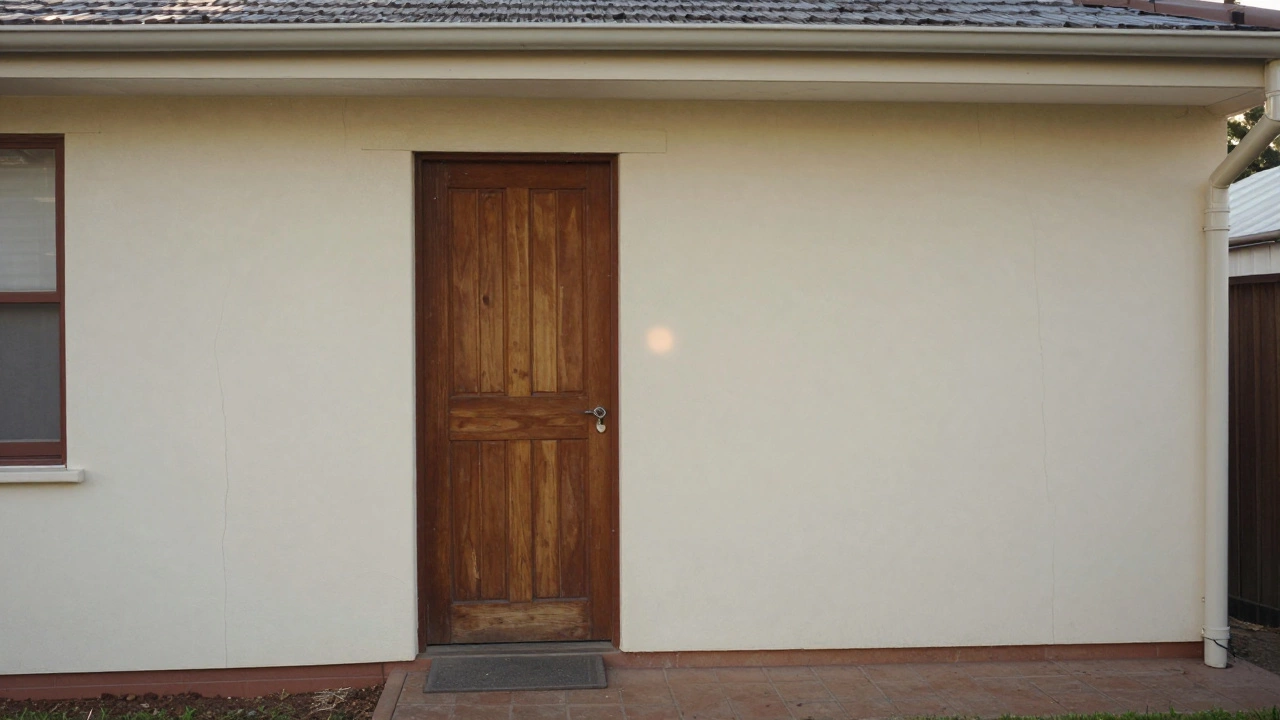House Cracking: What It Means and When to Act
When you spot a crack in your wall or along the base of your home, it’s natural to panic. But not all house cracking, visible fractures in walls, foundations, or ceilings that signal movement or stress in a building’s structure. Also known as structural cracks, it is a sign—not always a crisis. Many homes develop small cracks over time due to normal settling, temperature shifts, or soil changes. The real question isn’t whether you have cracks—it’s whether they’re harmless or warning signs of deeper foundation cracks, cracks that originate in the base of a building and can compromise structural integrity. A hairline crack near a window? Probably fine. A crack wider than a penny that’s growing, or one that runs diagonally across multiple floors? That’s when you need to pay attention.
Structural damage, serious harm to a building’s load-bearing parts that affects safety or stability doesn’t show up overnight. It builds slowly, often hiding behind paint or drywall. Common signs include doors that stick, floors that slope, or cracks that widen after rain. These aren’t just cosmetic issues—they point to shifting soil, poor drainage, or inadequate support under your home. Settlement cracks, cracks caused by the natural sinking of a building’s foundation into the ground over time are typical in newer homes, especially within the first two years. But if those cracks are wider than 5mm, or if they appear suddenly after a dry spell or heavy rain, you’re dealing with something more serious than normal settling. And while some cracks can be patched, others need real solutions: underpinning, soil stabilization, or waterproofing. Ignoring them doesn’t make them go away—it just makes repairs more expensive later.
What you’ll find in the posts below isn’t a list of quick fixes. It’s a practical guide to understanding what’s really going on with your home. You’ll learn how to measure crack width, spot the difference between harmless and dangerous cracks, and understand why some repairs work while others don’t. There’s no fluff—just clear, real-world advice from people who’ve seen these problems up close. Whether you’re in a brand-new build or a 50-year-old house, knowing what to look for and when to act can save you time, money, and stress. Let’s cut through the noise and get you the facts you need.



